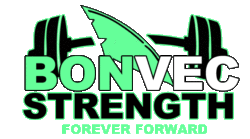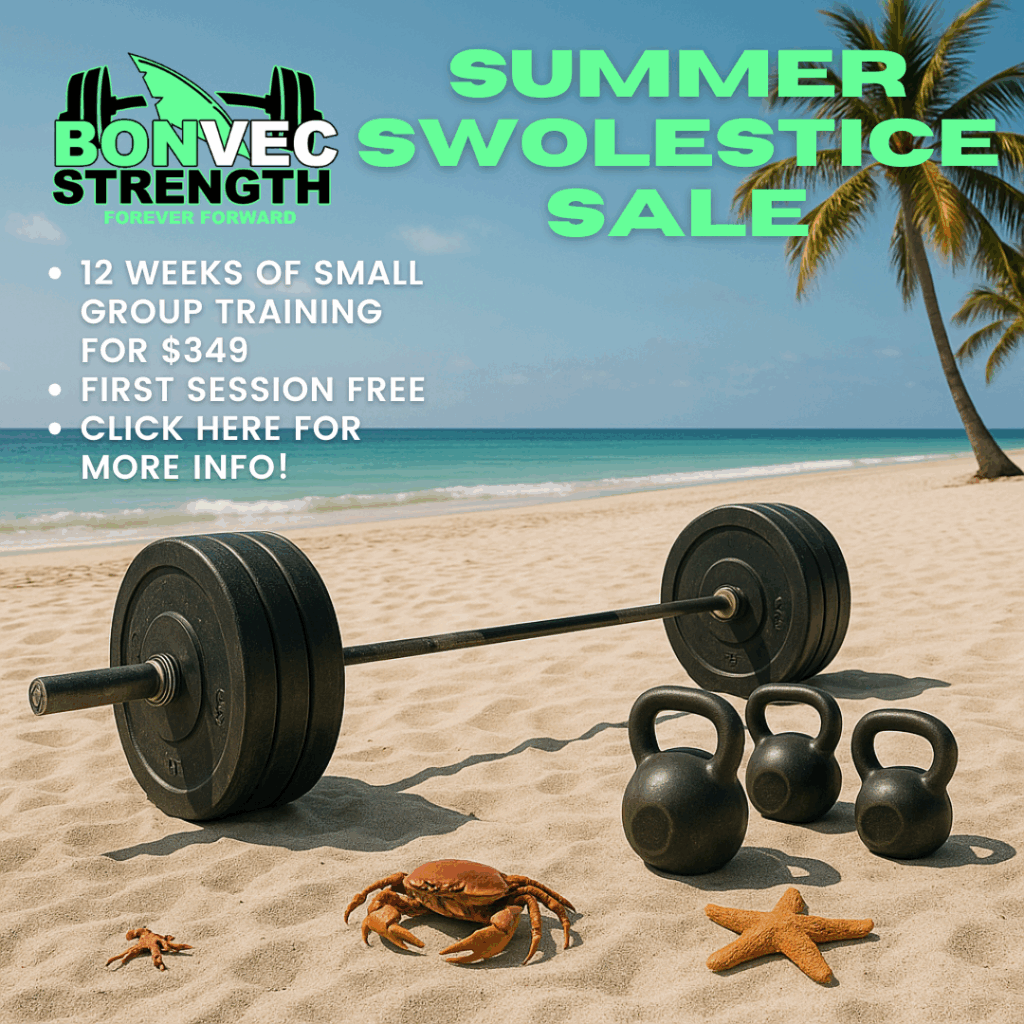 The next installment of my Best of 2015 series is a compilation of my favorite books that I read this year. If there’s one thing I’ve learned by hanging around with successful people, it’s that successful people read a LOT. Success leaves clues, so give these books a read if you haven’t already.
The next installment of my Best of 2015 series is a compilation of my favorite books that I read this year. If there’s one thing I’ve learned by hanging around with successful people, it’s that successful people read a LOT. Success leaves clues, so give these books a read if you haven’t already.
(And yes, that’s my dog in this year’s obligatory dog-reading-a-book picture.)
 Essentialism – Greg McKeown
Essentialism – Greg McKeown
If there’s one thing I continue to struggle with in my life, it’s learning to prioritize. I know that I have a lot of things to do, but I often fail to rank order them. I like to do the easy things first. I like to put off the big things that take lots of focus and effort, even though they have the biggest payoff. While that’s not the main message of Essentialism, here’s one of the many valuable takeaways I got from reading it: to reach your goals, you absolutely must prioritize effectively and recognize that not all things in your life hold equal importance.
We all face distractions in our life. Unnecessary activities drain us of our energy that should be spent on (or conserved for) the things that really matter: helping others, helping ourselves and spending time with those we love. This book helped me understand that if my actions aren’t being put toward one of these three things, I need to regroup and rethink my approach.
 Zero to One – Peter Thiel
Zero to One – Peter Thiel
After glowing recommendations from Pete Dupuis and Miguel Aragoncillo, I had to check out Zero to One and it did not disappoint. And while I’m fortunate to work for a successful small business long AFTER it was a startup, there’s much to be learned in this book by anyone who wants to separate themselves from the competition, entrepreneur or not.
The book explains that trying to separate yourself from others is often, in fact, a waste of time. Rather, make yourself a monopoly of one – virtually eliminating any and all competition – by providing a meaningful product or service that doesn’t exist.
Now, this sounds daunting, especially if you’re not the inventive or innovative type. However, I’ve learned that if an existing product or service doesn’t exist in your area or marketplace, YOU can create it. Even if it’s not an entirely new or original idea, if it’s new to your customers, that’s just as good.
 Being Mortal – Atul Gawande
Being Mortal – Atul Gawande
This book was first recommended to me by my soon-to-be brother-in-law, who’s a doctor. Being Mortal is often recommended to doctors to help them have tough conversations with patients, who often are recipients of terrible news about illness and death. But on a much less grim scale (but often just as impactful), trainers and coaches must have tough conversations with clients who need to hear what they don’t want to hear. This book taught me how to do that.
The deeper message of the book, however, is that most people simply desire to maintain their quality of life as they grow older. They want to live out their later years at home, surrounded by family, not in a hospital surrounded by nurses and doctors. As fitness professionals, we can play a huge role in making this desire a reality.
 Influence: Science and Practice – Robert B. Cialdini
Influence: Science and Practice – Robert B. Cialdini
As coaches, we’re in the business of getting people to buy in. Sure, we’re trying to get people to listen to us in terms of performing certain exercises in a certain way, but more importantly, we’re trying to influence people to create significant, often-uncomfortable lifestyle changes. If you’re unable to do this, your career as a fitness professional will be short lived.
Dr. Cialdini’s Influence: Science and Practice digs into the nitty-gritty about how and why people are influenced by certain leadership styles. It definitely made me think twice about the words and approaches I was using with my clients.
 The Presentation Secrets of Steve Jobs – Carmine Gallo
The Presentation Secrets of Steve Jobs – Carmine Gallo
The ability to speak well and captivate an audience shouldn’t be reserved for tech giants and evangelists. No matter who you are, you should be able to deliver your message in a succinct and memorable way. I’ve yet to read a book that explains how as well as The Presentation Secrets of Steve Jobs.
Turns out that Jobs’ secrets aren’t so secret after all. They’re pretty basic, actually. Don’t overdo it with PowerPoint. Tell stories. Master your body language. Vary your voice’s volume and pitch. And practice over and over and over. There’s more to it than that, which is why you should read the book, but I’m sure you’ll agree that, once you read it, Jobs was a fantastic storyteller who mastered the basics of public speaking.
UP NEXT: VIDEOS
In my next installment of the Best of 2015 series, I’ll compile the most-viewed videos of this calendar year. Stay tuned.


